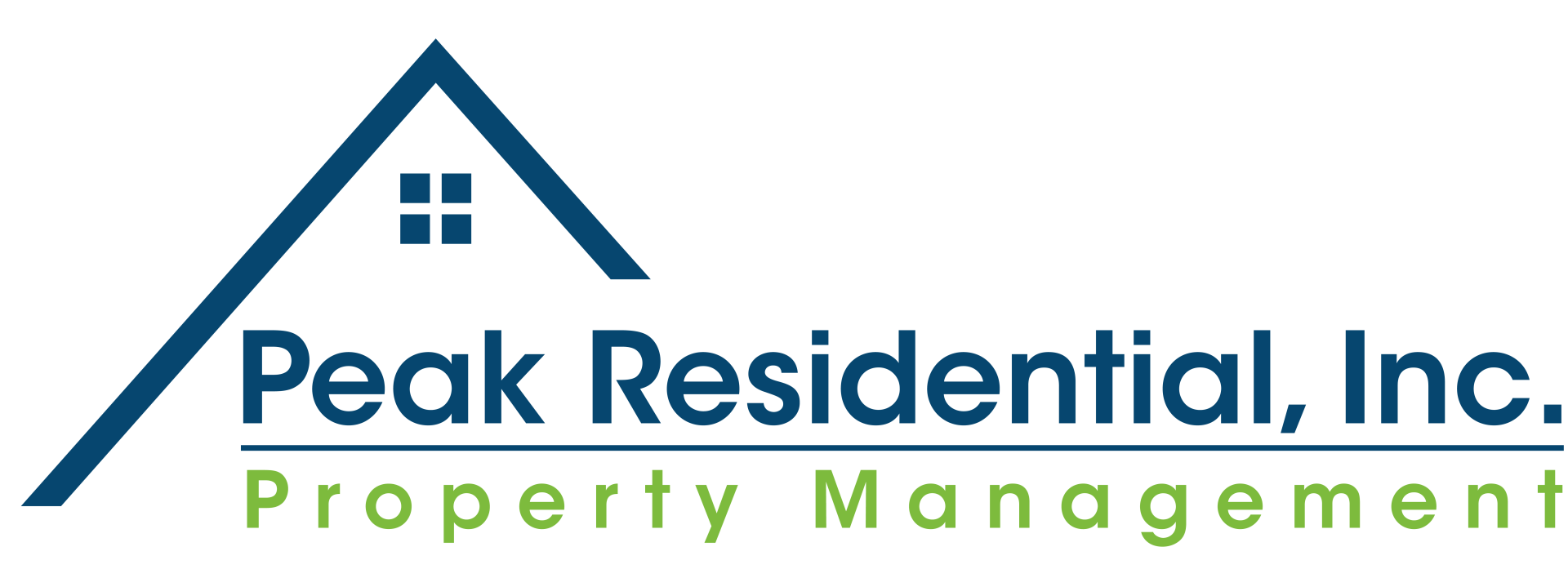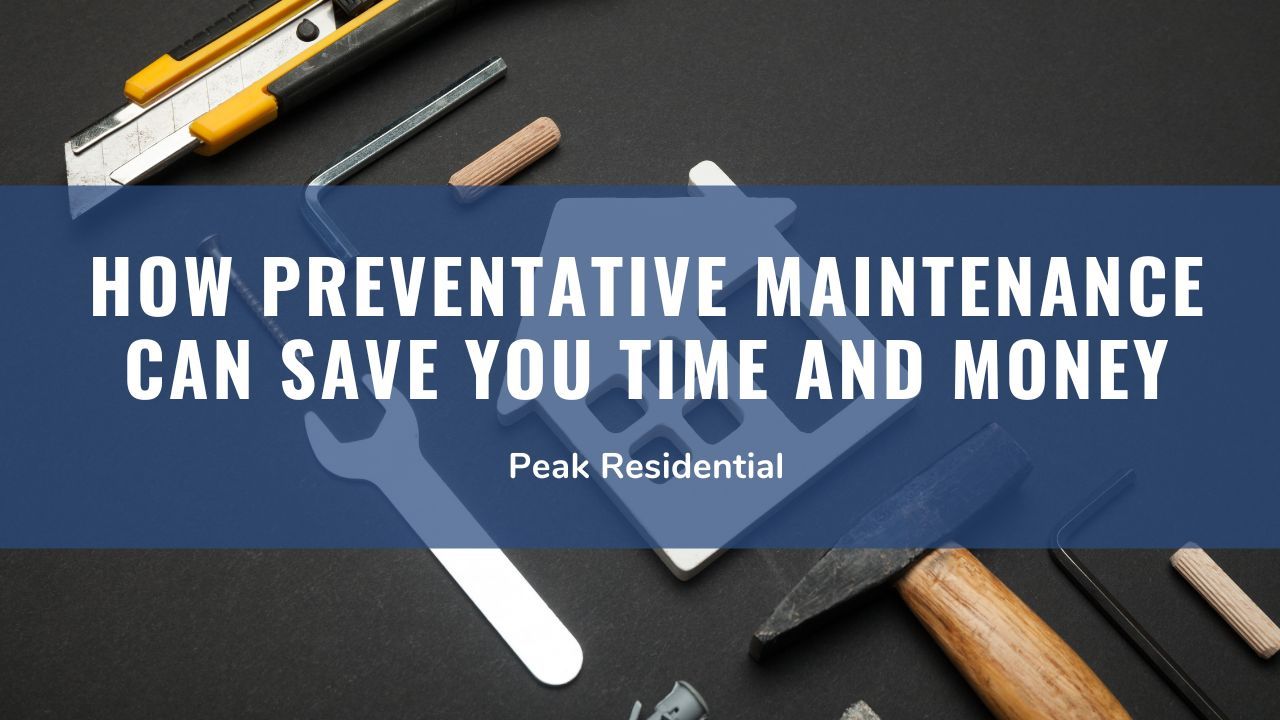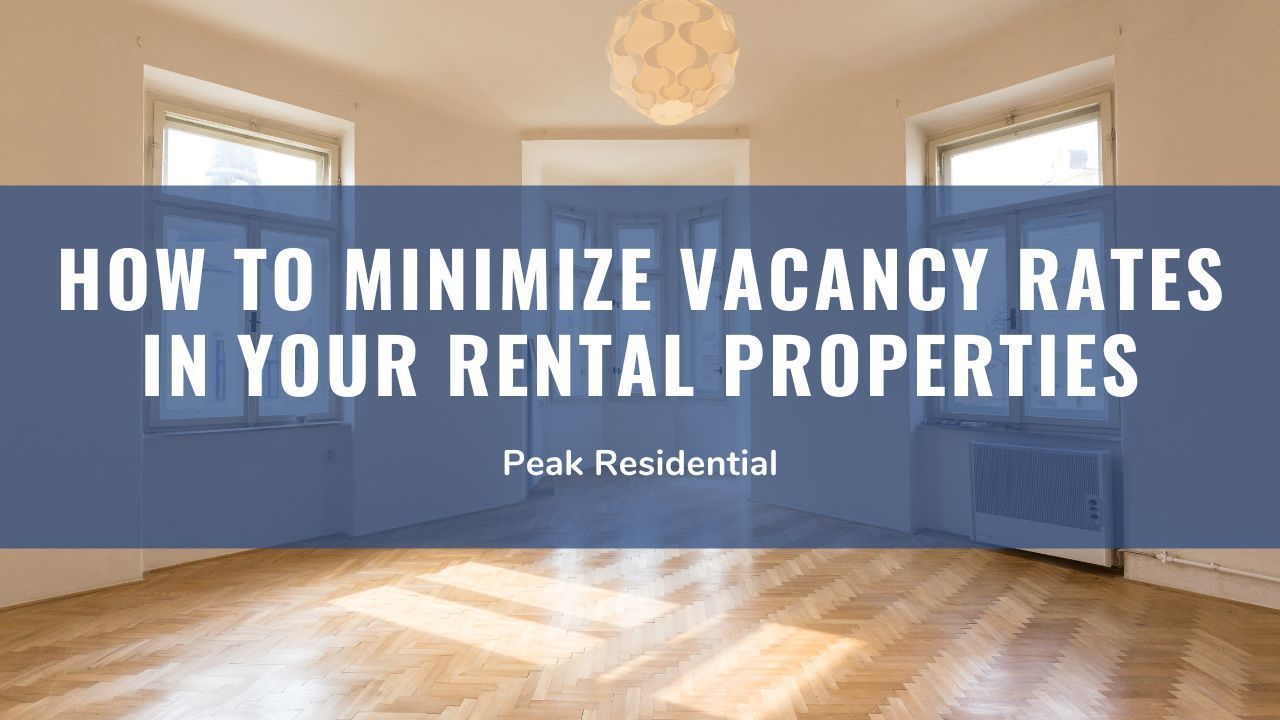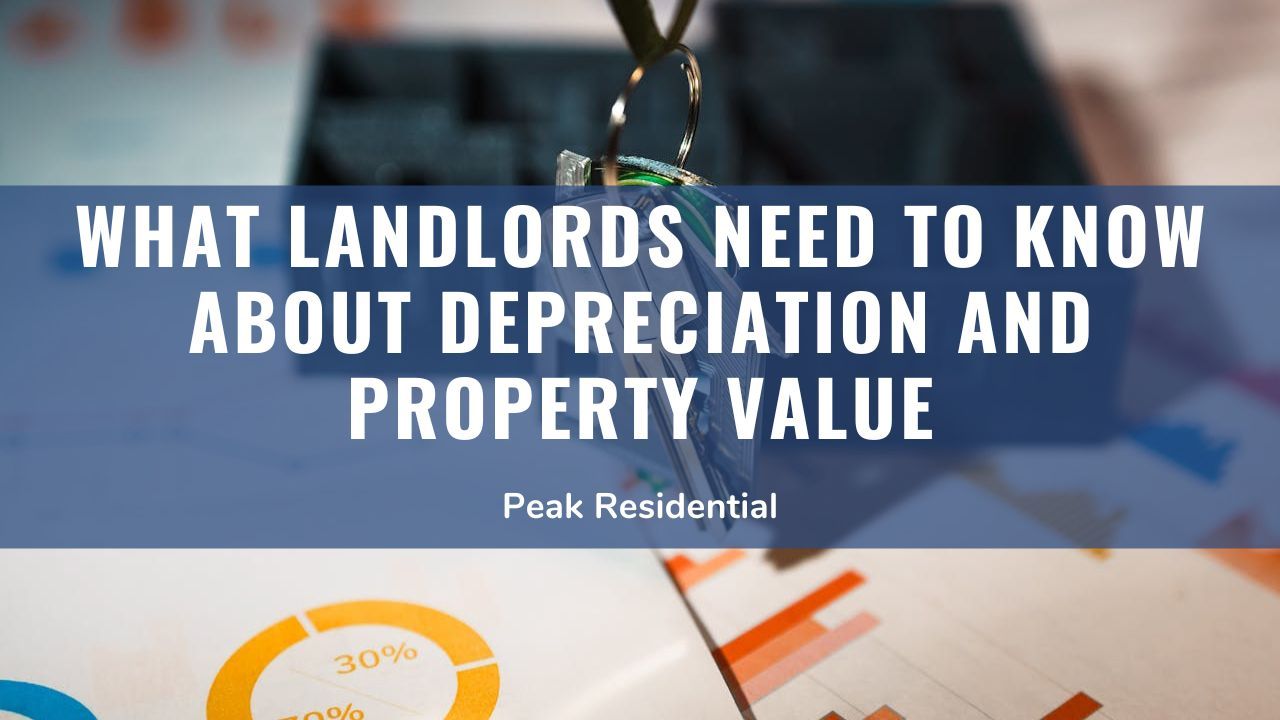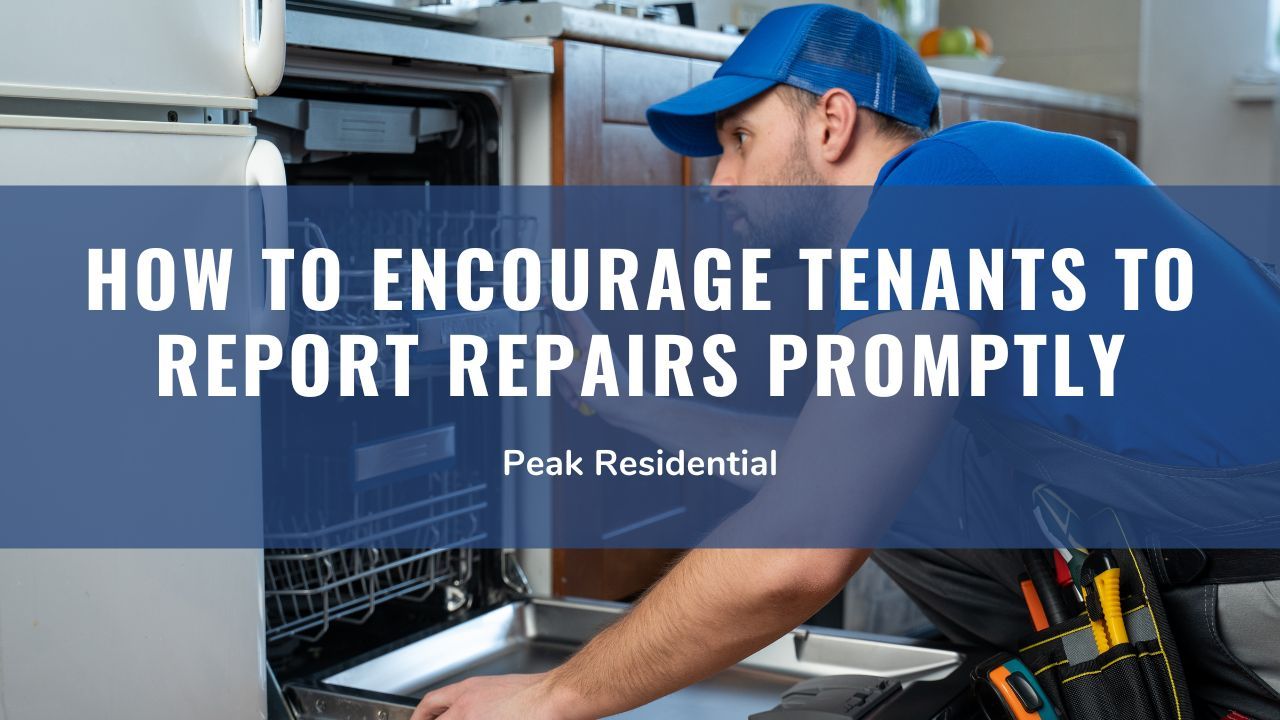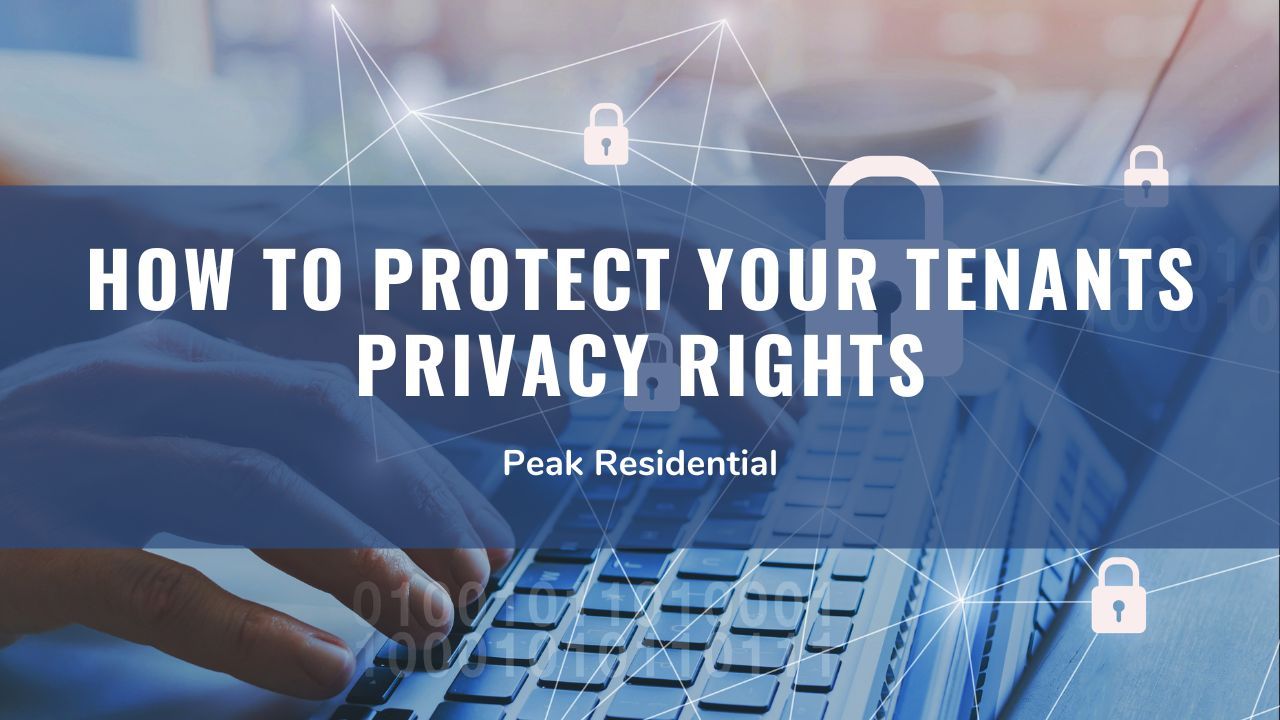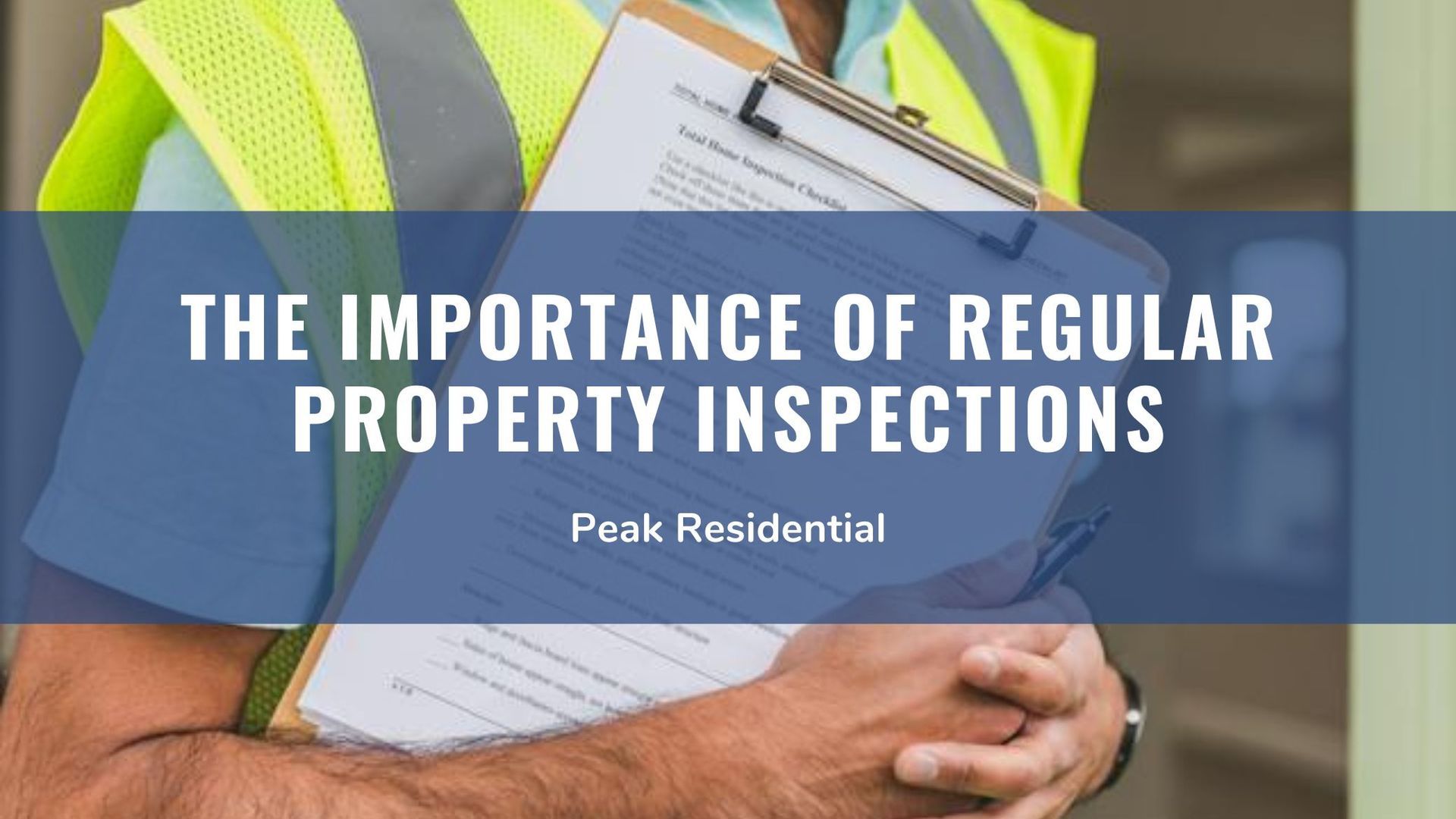
Renting out your house in Sacramento can be an incredibly rewarding venture, providing you with a steady source of income and potential long-term financial growth. However, making money off your property is not as easy as simply collecting rent.
There are many aspects of managing a rental that landlords often overlook, such as the importance of regular inspections.
Finding signs of wear and tear in your rental is perfectly normal. After all, your property will deteriorate over time due to everyday living. However, sometimes tenants can damage your rental beyond tear and wear.
If left unattended for long, small problems can become big, costly repairs. Luckily, you can mitigate this risk by conducting regular property inspections.
In this comprehensive guide, the experts at
Peak Residential will go over everything you should know about property inspections. We’ll delve into the numerous benefits they offer, discuss the frequency at which inspections should be conducted, and provide valuable tips for you to carry out effective inspections. Let’s dive in!
What Do Property Inspections Entail?
Rental property inspections involve a thorough examination of your property. The goal is to assess its overall condition and spot problems before they escalate.
Moreover, inspections can help you ensure that tenants are complying with the terms of the lease and that the property abides by
safety and building codes.
While most landlords conduct inspections themselves, others prefer to hire an inspector or property manager to do it for them.
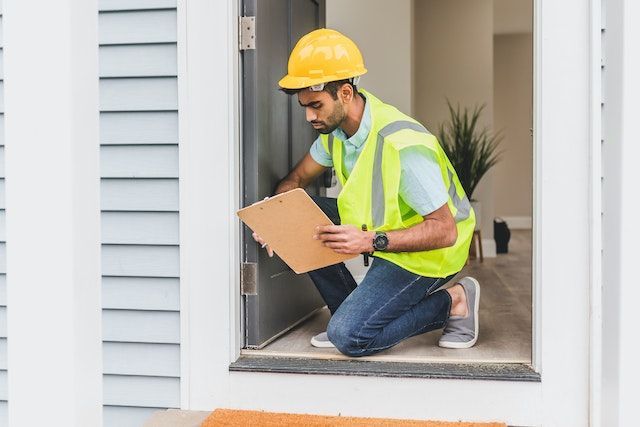
There are two different types of property inspections that landlords must conduct:
Move-in and move-out inspections:
These inspections are conducted before and after each tenancy. By documenting the state of the property before a tenant moves in, it’ll be easier to spot damages in future inspections. Moreover, by conducting move-out properties, you can identify any damages or issues that can be deducted from the tenant’s deposit.
Routine inspections:
Conducting regular inspections during the tenant's occupancy is crucial. These inspections serve as proactive measures to identify and address potential problems before they escalate. Plus, they are a great way to ensure that your tenants are adhering to the terms of the lease agreement.
The Benefits of Regular Property Inspections
Conducting regular property inspections can be extremely beneficial not only for landlords and benefits. The benefits include:
Prevent Emergency Repairs
One of the primary benefits of regular inspections is the early identification of maintenance issues or repairs. By catching problems in their early stages, you can address them before they turn into costly emergency repairs.
Maintaining Property Value
Regular inspections help you maintain the value of your property. Timely repairs and regular upkeep ensure that your property remains in good condition throughout each tenancy, preserving its aesthetic appeal and overall market value. This can significantly maximize your ROI over time.

Higher Tenant Retention
Regular inspections play a key role in tenant satisfaction. When tenants see that their landlord is invested in maintaining the property, they will feel valued and satisfied with their living arrangements. This can lead to longer tenancies and even positive word-of-mouth, which can help you build your brand and reputation.
Legal Compliance
Property inspections help you ensure that your rental property is compliant with local housing and safety regulations. This is especially important because failing to meet these standards can lead to costly fees and serious legal consequences.
Preventing Lease Violations
A solid lease agreement should outline the rules and regulations that tenants must adhere to. However, there’s no guarantee that renters will comply with the terms of the lease.
By conducting regular inspections, you can determine whether tenants are following certain rules, such as restrictions on smoking, pet ownership, or unauthorized alterations to the property. Identifying lease violations early can help you take corrective action early on and prevent further issues.
How Often to Conduct Regular Property Inspections
Determining the frequency of regular property inspections is a crucial aspect of effective property management. While the specific intervals may vary depending on local regulations and lease agreements, a general guideline is to conduct inspections every six months.
This biannual schedule will allow you to keep a close eye on your property without being overly intrusive.

However, there are times when you might have to schedule additional inspections. For instance, if there are immediate concerns related to safety, security, or potential property damage, you can conduct an emergency inspection to assess the problem. Just remember to give your tenants proper notice beforehand!
Tips to Conduct Regular Property Inspections Effectively
Effective property inspections require careful planning, clear communication, and a systematic approach. Here are some simple tips to conduct regular property inspections more efficiently:
Provide ample notice: Giving sufficient notice is great for respecting your tenants’ privacy. Depending on the location of your rental, you may have to provide at least 24 to 48 hours of notice before entering the property for an inspection.
Create a checklist: Having a thorough checklist will ensure that all aspects of your property are thoroughly examined.
Document everything: You should write a report after each property inspection. Moreover, it’s important that you take videos or
pictures of the property. Visual evidence can serve as a reference in future inspections or as proof during security deposit disputes.
Address issues promptly: If you come across any maintenance issues or repairs during the inspection, you must address them promptly. Timely action not only prevents problems from worsening but also demonstrates to your tenants that you care for their well-being and comfort.
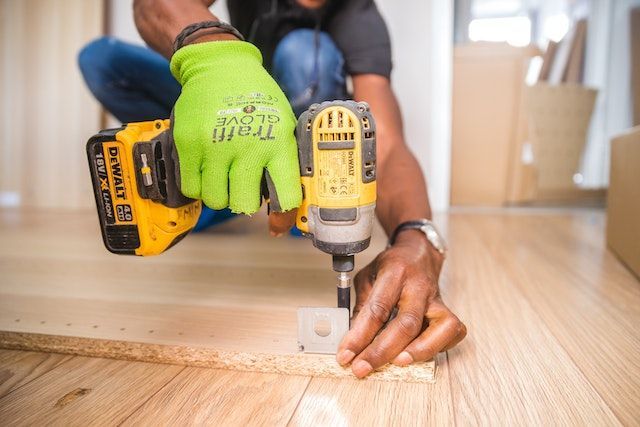
Provide feedback: Use the inspection as an opportunity to provide feedback or further educate tenants on proper property upkeep. This can go a long way in ensuring your property remains in good condition throughout their occupancy.
Hire a property manager:
Conducting property inspections can be extremely time-consuming. Luckily, most property management companies are willing to do this job for you. With their experience and tools, you can rest assured that your rental will be in good hands.
Bottom Line
Property inspections play a pivotal role in maintaining the value of your rental property, ensuring tenant satisfaction, and safeguarding your investment. A good rule of thumb is to inspect your property at least every six months.
This way, you can ensure that your rental is in good condition without invading your tenants’ privacy. Now that you know how to conduct regular property inspections effectively, you’re better prepared to maximize the return on your investment.
Need help with property inspections?
Contact Peak Residential today! Our team of experts is ready to help you keep your investment safe and profitable all year round.
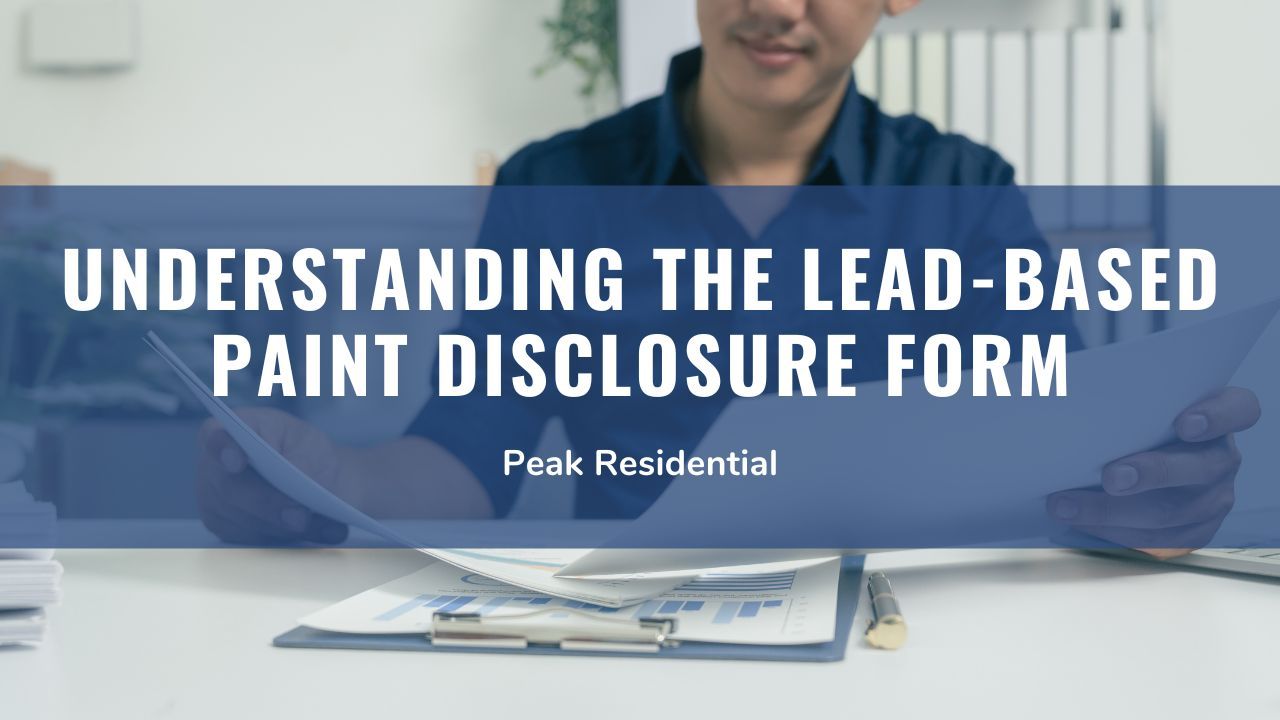
Peak Residential, Inc.
8:30am - 12pm & 1pm - 5pm Monday - Friday (Office Visit by Appointment Only
Sitemap | Privacy Policy | Accessibility | DRE Lic #02133123
© All Rights Reserved.
Peak Residential, Inc.

